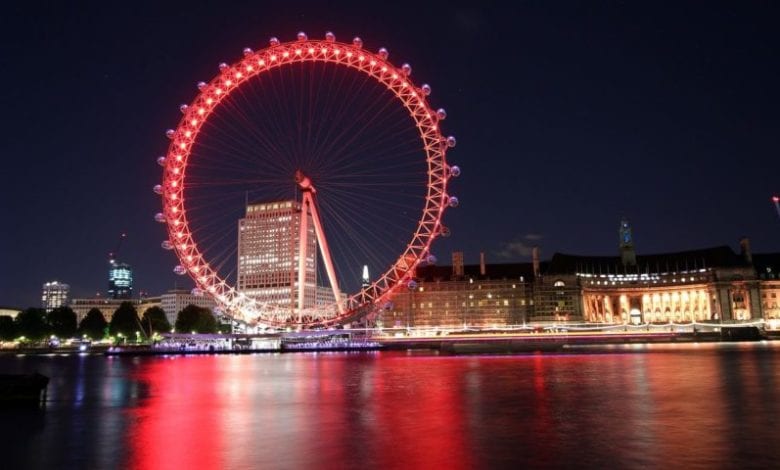Business
Hospitality sector missing out on £6.75bn by not adapting to modern life

The hospitality sector is missing out on £6.75bn by not responding to growing demand from the ‘gig economy’ consumer to operate outside of ‘usual hours’, a study from Barclays has shown.
You'll need to
subscribe to unlock this content. Already subscribed? Login?










